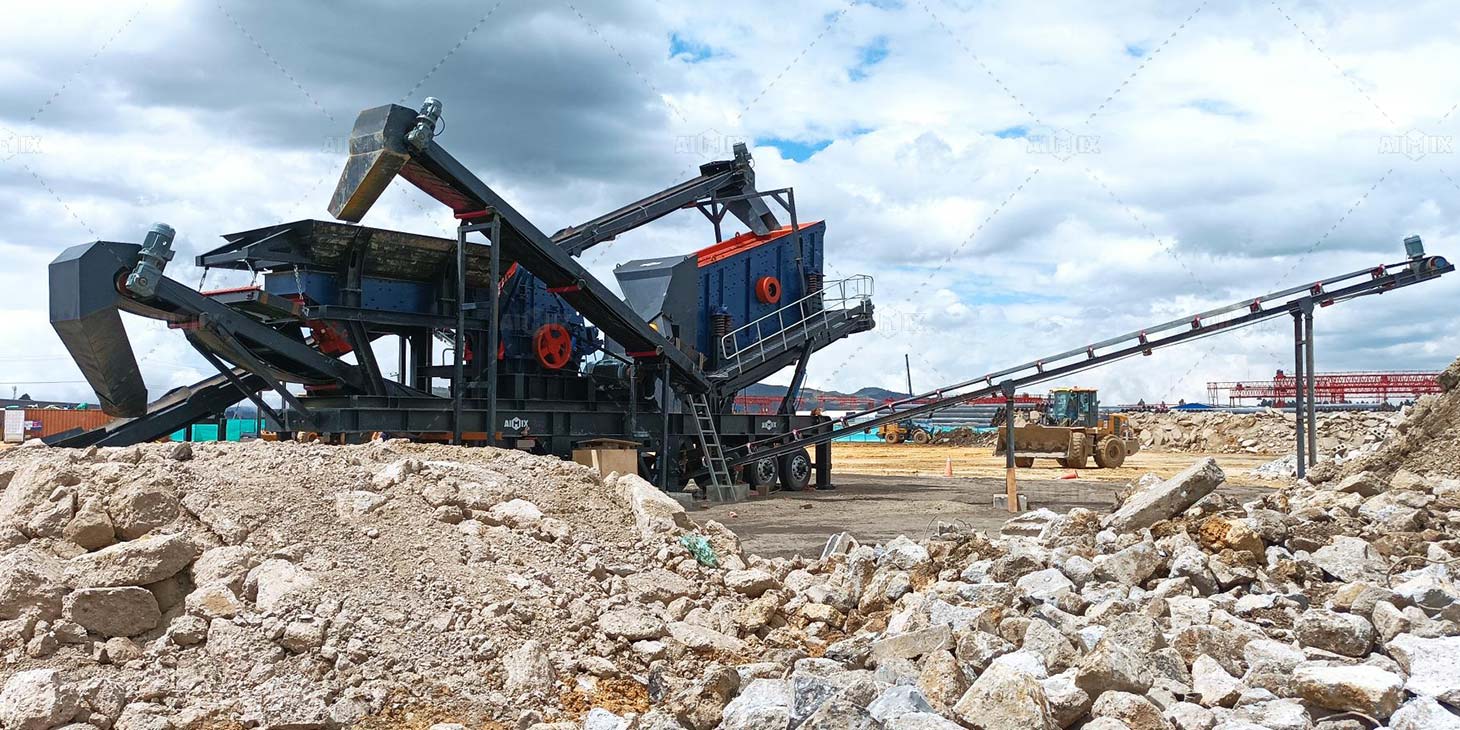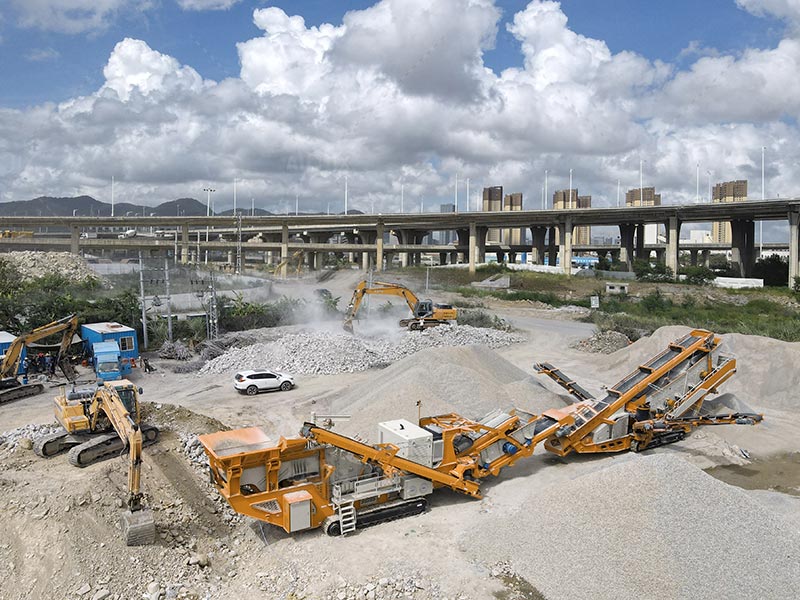Concrete recycling has become an essential practice in modern construction, transforming demolition waste into valuable aggregate material. The choice of crushing equipment significantly impacts the efficiency, cost-effectiveness, and quality of recycled concrete production. Different projects demand different solutions – from massive stationary plants handling tons of material to compact mobile units perfect for tight urban job sites. Understanding the capabilities and limitations of various concrete crushing equipment helps contractors select the ideal equipment for their specific needs.
The evolution of concrete crusher technology has produced specialized machines for every scale of operation. Factors like feed size, required output gradation, production capacity, and mobility requirements all play crucial roles in determining the optimal crushing solution. Smaller operations particularly benefit from recent advancements in compact crusher designs that deliver surprising power in modest packages, enabling concrete recycling even on space-constrained projects.

Primary Concrete Crushing Solutions
Jaw Crushers: The Workhorse of Concrete Reduction
For primary crushing of concrete debris, jaw crushers remain the most reliable choice. Their robust construction handles reinforced concrete with ease, while the compressive crushing action produces uniformly sized aggregate. Modern versions feature hydraulic adjustment systems that allow quick changes to output size without tools. The latest models incorporate advanced flywheel designs that maintain momentum through tough crushing cycles, significantly improving energy efficiency.
Impact Crushers: For Better Shaped Aggregate
When producing aggregate for architectural or exposed applications, horizontal shaft mobile impact crushers excel. Their high-speed rotor action fractures concrete along natural cleavage planes, creating more cubical particles with fewer flaws. This becomes particularly valuable when recycling concrete for structural reuse, where particle shape affects compaction and strength. Many units now feature adjustable aprons that permit precise control over final product gradation.

Compact Concrete Crushers for Limited Spaces
Mini Jaw Crushers: Small Footprint, Big Performance
The new generation of miniature jaw crushers packs remarkable crushing force into units smaller than a refrigerator. Perfect for urban demolition projects, these mobile jaw crusher machines typically process 5-20 tons per hour while fitting through standard doorways. Their modular design allows quick setup and teardown, with some models operating on standard 110V power. Rubber-tracked versions provide exceptional mobility on congested job sites.
Hammer Mill Crushers: Versatile Debris Processing
For contractors needing to process mixed demolition debris containing concrete, wood, and light steel, hammer mill crushers offer an ideal solution. These units pulverize material through high-impact hammer action, with adjustable grates controlling final particle size. Magnetic separators integrated into the discharge stream automatically remove ferrous materials, creating cleaner aggregate. Recent models feature quick-change wear parts that reduce downtime between different material types.
Specialized Options for Unique Applications
Portable Cone Crushers: Precision Secondary Crushing
When producing spec-grade aggregate from concrete rubble, portable cone crushers provide the perfect secondary crushing solution. These units excel at reducing material to precise size fractions between 3/8″ and 1-1/2″. Their automated settings maintain consistent output quality even as wear parts gradually diminish. Some compact versions mount on standard trailers, requiring no special permits for highway transport.
Pulverizer Attachments: For Existing Equipment Fleets
Contractors with excavator fleets can add concrete crushing capability through hydraulic pulverizer attachments. These versatile tools transform standard machines into powerful concrete processors. The latest generation features automatic pressure compensation that maintains crushing force as material density varies. Quick-coupler compatibility allows operators to switch between processing and material handling in minutes.
Matching Machine to Project Requirements
Selecting the ideal concrete crusher involves careful consideration of project scale, material characteristics, and intended end use. While large stationary plants dominate high-volume recycling operations, the growing array of compact and mobile solutions has democratized construction waste recycling for smaller contractors. The most successful operations often combine multiple machine types in processing trains that progressively reduce material while optimizing product quality. This strategic approach maximizes both operational efficiency and the economic value of recycled concrete aggregate.
